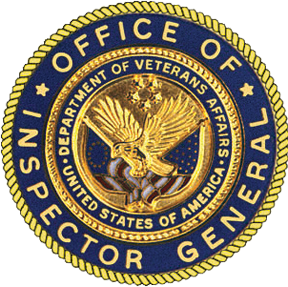The Greater Los Angeles Healthcare System Director ensures veterans enrolled in the Housing and Urban Development Veterans Affairs Supportive Housing program have documented treatment plans consistent with Veterans Health Administration and facility policy.
The Greater Los Angeles Healthcare System Director reviews and assesses the Housing and Urban Development Veterans Affairs Supportive Housing program supervisors’ electronic health record review process to assess Housing and Urban Development Veterans Affairs Supportive Housing-related documentation, including treatment plan deficiencies, and takes action as warranted.
The Greater Los Angeles Healthcare System Director ensures facility Housing and Urban Development Veterans Affairs Supportive Housing program discharge policy is in alignment with Veterans Health Administration policy.
The Greater Los Angeles Healthcare System Director reviews and assesses the Housing and Urban Development Veterans Affairs Supportive Housing program supervisors’ process to identify incongruencies between electronic health records and Homeless Operations Management and Evaluation System documentation, and takes action as warranted.
The Greater Los Angeles Healthcare System Director reviews patient aligned care team assignments for unhoused Housing and Urban Development Veterans Affairs Supportive Housing veterans, and takes action as warranted.
